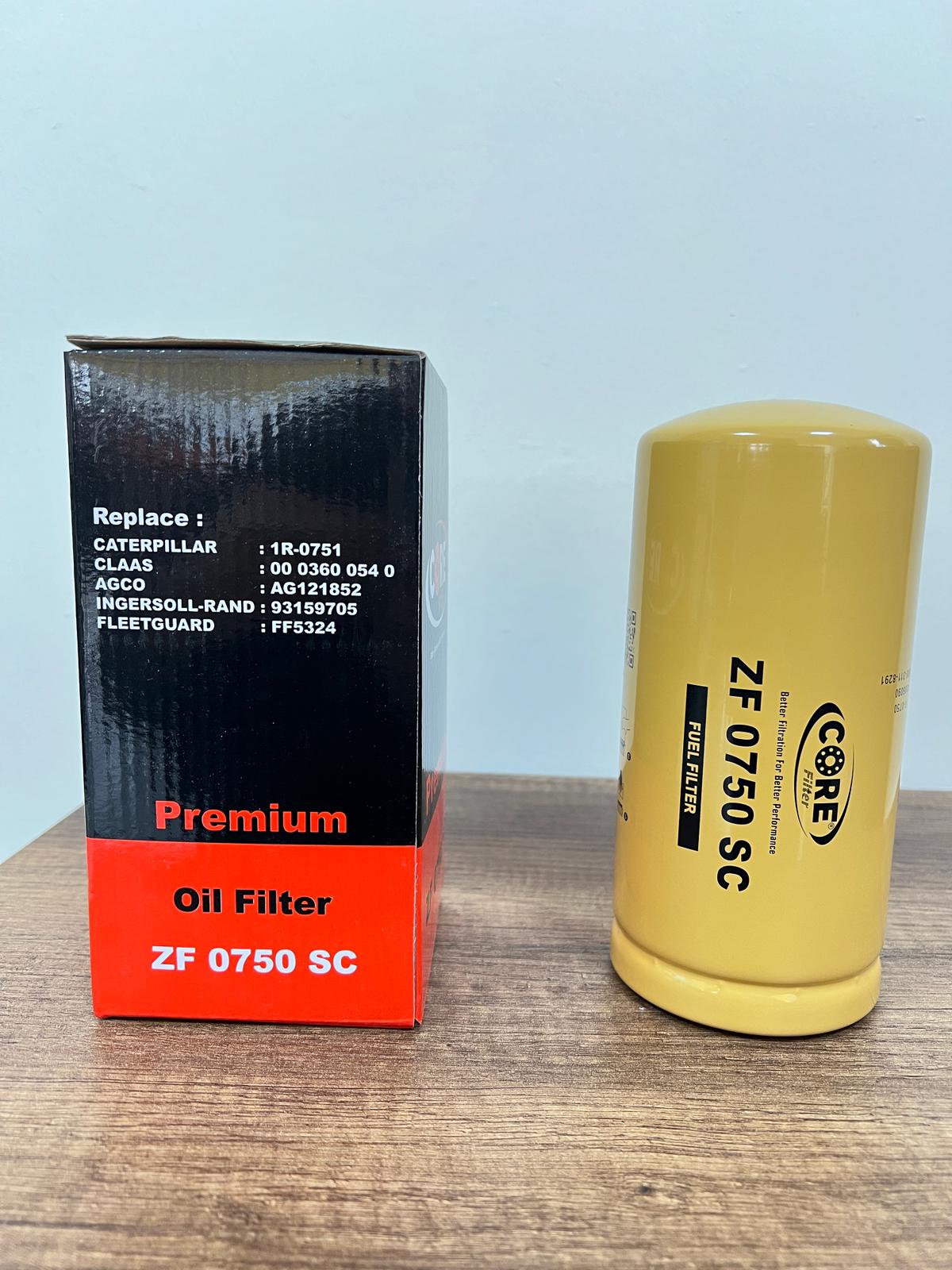For heavy vehicles to operate efficiently and safely, the fuel system must function correctly. Fuel filters are one of the most critical components of this system. In this article, you will find detailed information about the importance, functions, and maintenance tips of fuel filters.
Fuel filters ensure that the fuel entering the engine's fuel system is clean. These filters prevent dirt, rust, and other foreign particles from entering the fuel line, allowing the engine to run more efficiently. Clean fuel extends the engine's life, enhances performance, and maximizes fuel efficiency.
Fuel filters trap contaminants in the fuel, preventing injectors and fuel pumps from clogging. Dirty fuel can cause these components to wear out and fail, leading to serious engine problems. Fuel filters ensure smooth and uninterrupted engine operation, maintaining vehicle performance and reducing maintenance costs.
Dirty and clogged fuel filters not only reduce engine performance but also lead to various mechanical issues. These problems include:
Regularly checking and replacing fuel filters is key to maintaining your vehicle's performance and longevity. Generally, it is recommended that heavy vehicle fuel filters be replaced every 20,000 to 40,000 kilometers. However, this interval may vary depending on your vehicle's operating conditions and the manufacturer's recommendations.
Fuel filters are critical for engine performance and longevity. Clean and well-maintained fuel filters ensure the engine runs efficiently, reduce fuel consumption, and lower emissions. Therefore, do not neglect the maintenance of your fuel filters; check them regularly and replace them when necessary.
At Corefilter, we offer high-quality and reliable solutions for heavy vehicle fuel filters. To protect your engine's performance and lifespan, contact us and choose the fuel filters that meet your needs.
